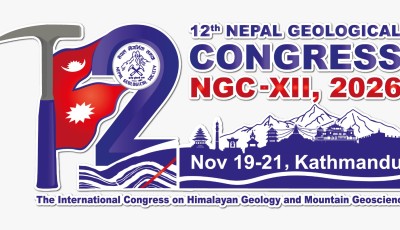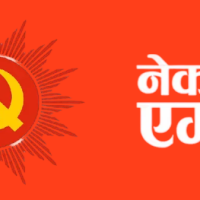AI Poses Growing Threat to Journalism and Teaching, Microsoft Study Warns

Journalism and teaching—once held in high regard as noble professions dedicated to the service of humanity—now face an existential threat from artificial intelligence (AI), according to a recent study by Microsoft. The research identifies at least 40 occupations that could soon be significantly disrupted or even overtaken by AI technologies.
The emergence of ChatGPT and other AI-powered chatbots has dramatically streamlined tasks across numerous industries. However, concerns are mounting over the potential for these technologies to gradually displace human workers. Microsoft’s latest study delves into which jobs are most vulnerable to the rising influence of generative AI and large language models (LLMs).
The findings are particularly unsettling, as AI has already assumed substantial responsibilities in several sectors, prompting major organisational restructuring—especially within the tech industry. Microsoft itself has laid off more than 15,000 employees within a single year, in part due to the integration of AI systems.
To conduct the study, researchers analyzed 200,000 anonymous, randomly selected user interactions with Microsoft Bing Copilot. By examining these conversations, the team identified the most frequent work-related tasks for which users turned to AI for support.
The 40 roles deemed most at risk include interpreters, translators, historians, flight attendants, sales representatives, writers, editors, and authors. These professions typically involve communication, language processing, or repetitive content creation—domains where AI now performs exceptionally well. In contrast, jobs requiring hands-on manual labor appear far less susceptible to AI-driven disruption. Such roles include dredge operators, bridge and lock tenders, motorboat operators, roofers, and massage therapists.
While the study stops short of predicting that AI will entirely replace specific jobs, it issues a clear warning about the evolving nature of the workforce. It envisions a future where certain tasks are increasingly outsourced to AI, fundamentally reshaping various professions.
Microsoft Senior Researcher Kiran Tomlinson wrote in a blog post, “Our research shows that AI supports many tasks—particularly those involving research, writing, and communication—but it does not indicate that AI can fully perform any single occupation. As AI adoption accelerates, it’s critical that we continue to study and better understand its societal and economic impact.”










तपाईको प्रतिक्रिया दिनुहोस